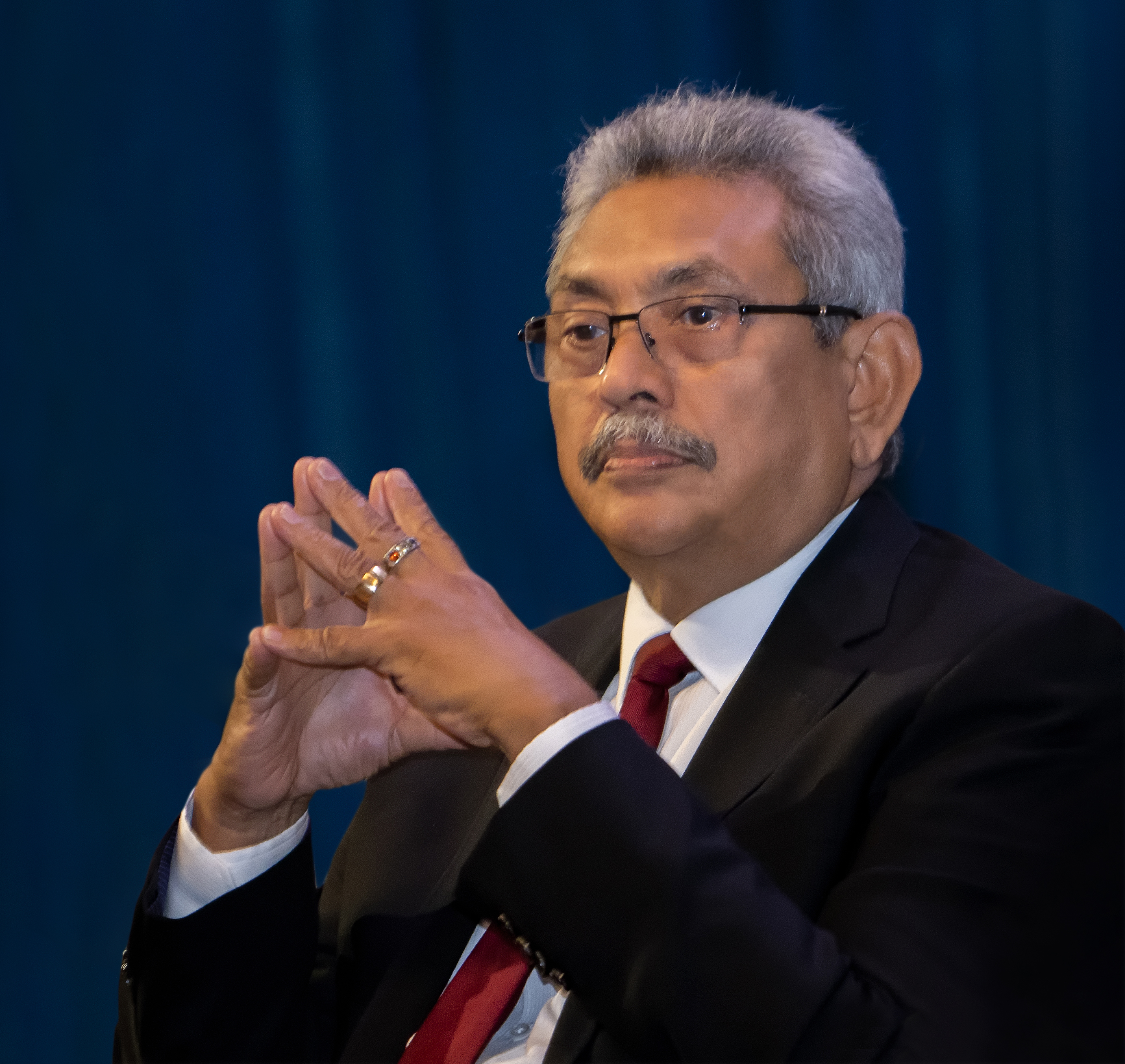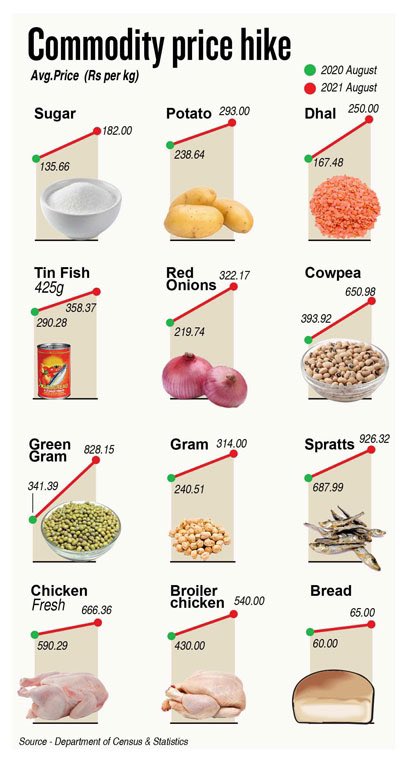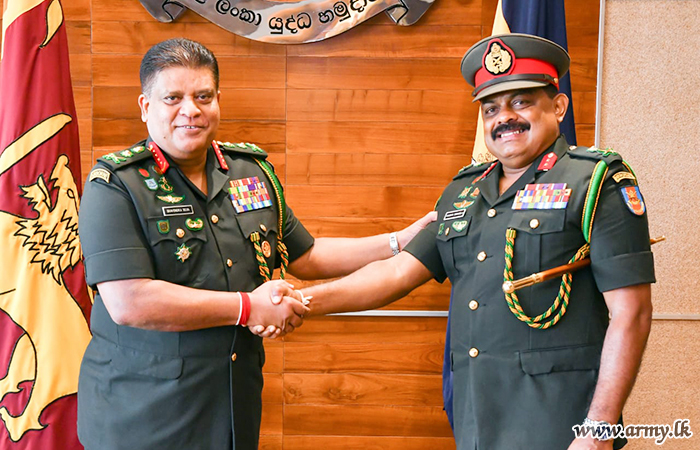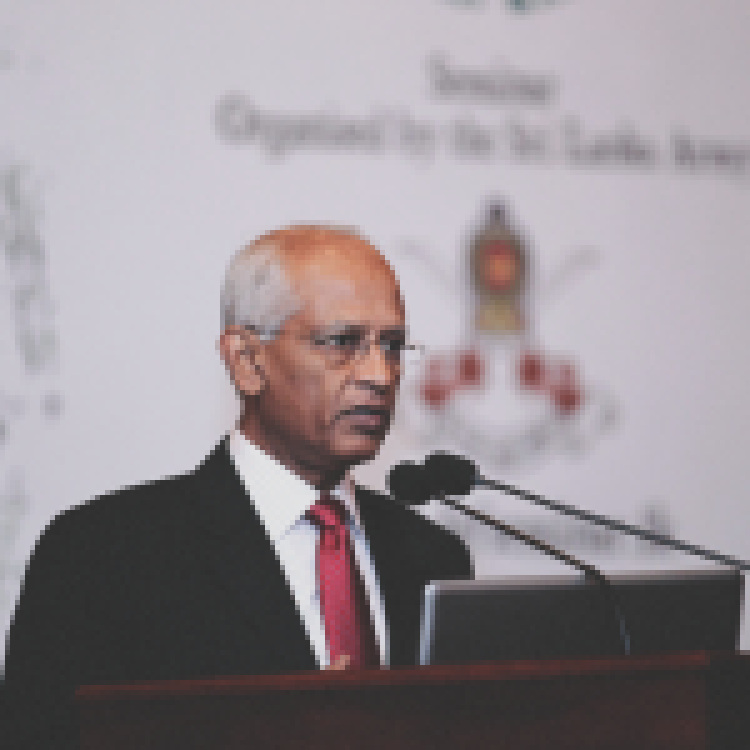
Following the imposition of emergency regulations and skyrocketing food prices, Sri Lanka’s director of information denied that the country was facing a food shortage claiming that “there is no basis to these reports”.
The statement comes as Sri Lanka’s private banks have run out of foreign exchange reserves to finance imports and as the country has seen shortages in items such as milk powder, kerosene oil and cooking gas.

Image courtesy of Sunday Times
In the previous year the country’s economy shrank by a record 3.6 per cent in 2020 and in March last year, the government banned imports of vehicles and other items, including edible oils and turmeric, an essential spice in local cooking, in a bid to save foreign exchange.
Sri Lanka’s foreign reserves have also plummeted from $7.5 bn in November 2019 to $2.8 bn at the end of July. Meanwhile, the rupee has lost over 20% of its value against the US dollar across this period.
At the same time, the country continues to struggle with a COVID-19 pandemic with the daily death toll exceeding 200, despite the 16-day lockdown. More than 9,000 people have died from the virus.
Turning to the military

In responding to this crisis, the Sri Lankan government have made yet another move to further entrench military control over the state with the appointment of army general MDSP Niwunhella to the position of Commissioner General of Essential Services. His role will be to coordinate the supply of paddy, rice, sugar, and other consumer goods
The government has defended the controversial regulations claiming that traders were hoarding essential commodities such as paddy, rice and sugar. The public security ordinance will enable the military to seize such stock, transfer them into state establishments, and to sell them at government-mandated prices.
Tamil National Alliance (TNA) parliamentarian has slammed the government’s decision as an “unwarranted” warning that it could lead to “a state of repression”.
My statement on the declaration of public emergency by the President from midnight yesterday by bringing into operation Part II of the Public Security Ordinance pic.twitter.com/ax9Jvbe14z
— Abraham Sumanthiran (@MASumanthiran) August 31, 2021



